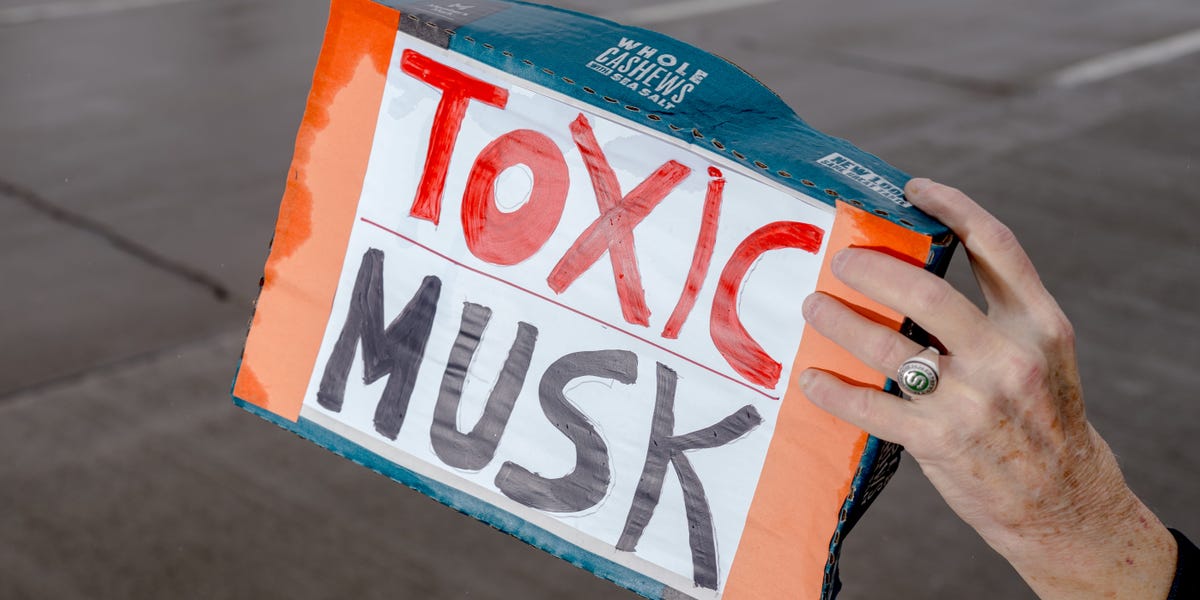Global Uprising: Tesla Protests Reveal Mounting Backlash Against Elon Musk

A global wave of protest has swept across major cities, from the bustling streets of New York to the historic avenues of Berlin, as demonstrators unite in a passionate call to boycott Tesla. At the heart of their criticism lies Elon Musk, the controversial tech mogul and CEO of the electric vehicle giant.
Protesters are voicing their frustration, targeting Tesla and its high-profile leader with coordinated demonstrations that highlight growing public discontent. The movement spans multiple continents, reflecting a widespread concern about Musk's recent actions and statements that have sparked significant public backlash.
The boycott movement represents more than just a simple consumer protest; it's a statement against what many perceive as problematic leadership and corporate behavior. Demonstrators are using social media and public gatherings to amplify their message, calling on consumers to reconsider their support of Tesla and its charismatic but divisive CEO.
As the protests continue to gain momentum, the automotive and tech industries are watching closely, wondering how this grassroots movement might impact Tesla's reputation and market position in the coming months.
